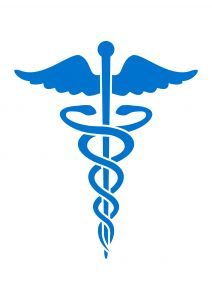 For the most part, Florida workers involved in industrial accidents have little control over which medical providers are authorized to treat them under the state’s workers’ compensation system. Control of the medical care is mostly held by the employers and their workers’ compensation insurance carriers (E/C). Section 440.13, Florida Statutes lays out the parameters regarding the provision and control of medical care.
For the most part, Florida workers involved in industrial accidents have little control over which medical providers are authorized to treat them under the state’s workers’ compensation system. Control of the medical care is mostly held by the employers and their workers’ compensation insurance carriers (E/C). Section 440.13, Florida Statutes lays out the parameters regarding the provision and control of medical care.
Control impacts the nature and quality of medical care received, the receipt of indemnity (money) benefits, and settlement value. Doctors selected by E/C tend to render opinions favoring E/C. Injured workers have limited ability to wrest control of their care from E/C.
440.13(2)(f) lets injured workers ask E/C to authorize another treating doctor. Barring exceptional circumstances, the request can only be made one time in each case. E/C has five days from receipt of the request to select another doctor of its choosing or lose the right. If the selection is not made within the five days, the injured worker, also known as the claimant, gets to select the doctor. This doctor then becomes authorized. This is a big deal.
 Florida Injury Attorney Blawg
Florida Injury Attorney Blawg






